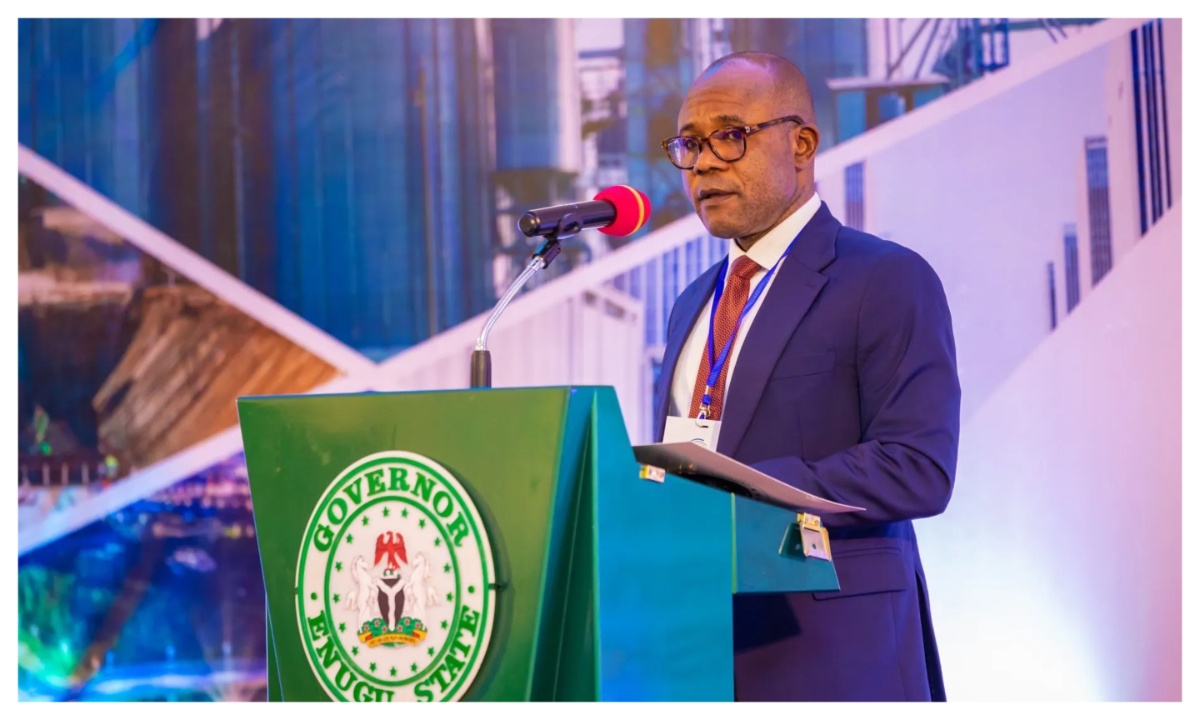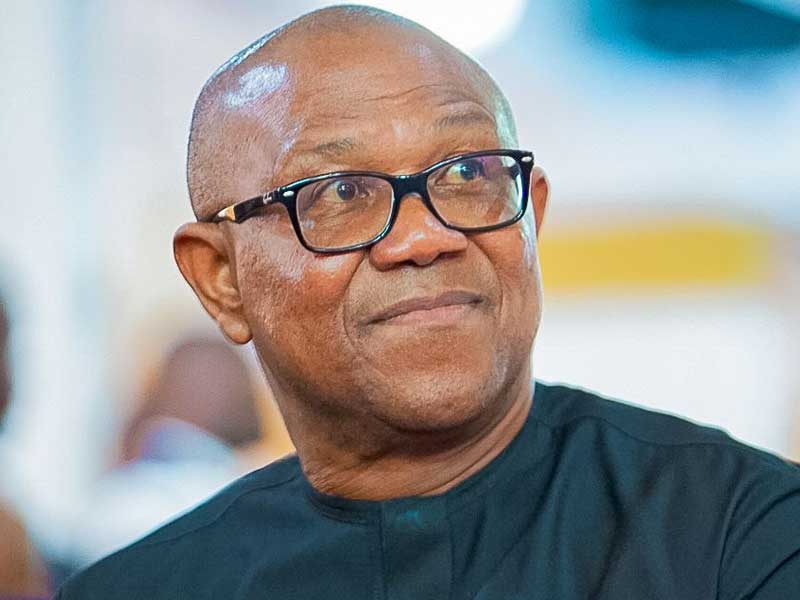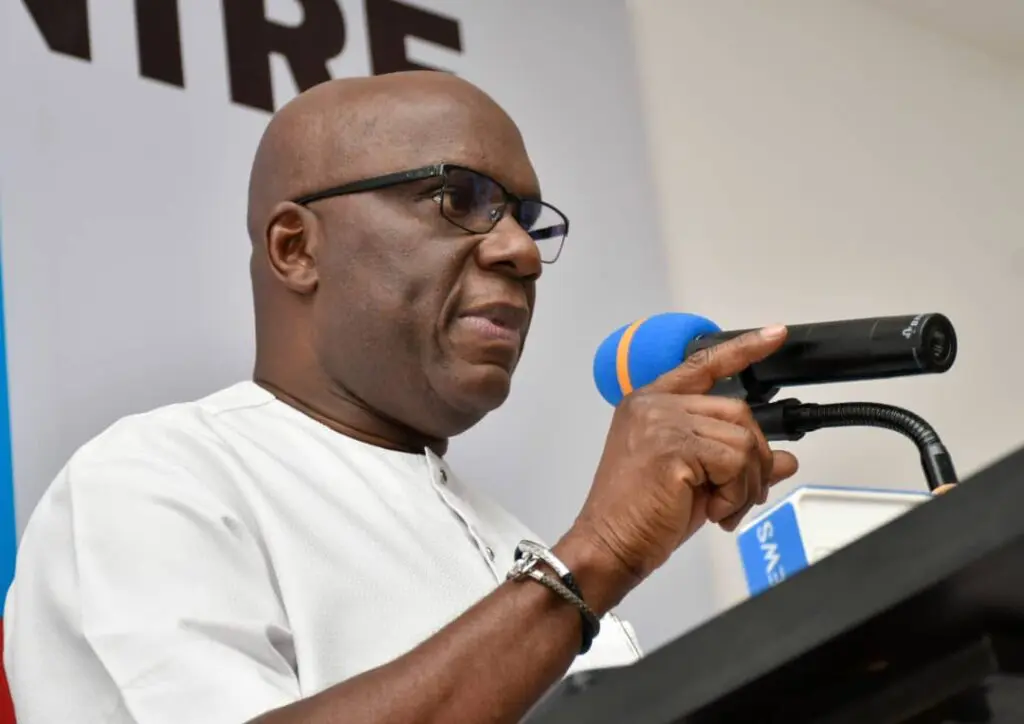Now Reading: Gov Mbah Urges Igbos to Build Multi-Generational Businesses for South-East Economic Growth
-
01
Gov Mbah Urges Igbos to Build Multi-Generational Businesses for South-East Economic Growth
Gov Mbah Urges Igbos to Build Multi-Generational Businesses for South-East Economic Growth

Governor Peter Mbah of Enugu State has called on the Igbo people to rethink their business culture and embrace institutional structures that can sustain wealth and prosperity across generations.
Speaking during the official opening of Afrinvest (West Africa) Limited’s new branch in Enugu, Mbah — represented by his deputy, Ifeanyi Ossai — said the South-East must shift from personality-driven ventures to enduring, system-based enterprises capable of transforming the region’s economy.
“We Igbo people are known for strong personalities. Everyone wants to own an ‘Ifeanyi Ossai Nigeria Limited.’ But we must evolve to build systems like Guinness or Nigerian Breweries that outlive their founders,” Ossai said.
He noted that long-term business success depends on support services such as those provided by Afrinvest, which offers capital mobilisation, corporate structuring, and investment advisory services.
Ossai described Afrinvest’s expansion into Enugu as “timely and transformational,” saying the company’s expertise will strengthen the state’s investment ecosystem and encourage entrepreneurs to build sustainable institutions rather than one-man businesses.
He also urged greater collaboration between investment firms and tertiary institutions to equip young people with the knowledge needed to run modern, resilient enterprises.
“With the number of universities in Enugu, we should be leading a knowledge-based economy,” he added.
Afrinvest Group Managing Director, Dr Ike Chioke, said the firm had initially planned to open in Enugu three years ago but was delayed until Mbah’s administration created a more business-friendly environment.
Chioke praised the governor’s reform-driven agenda and warned that many Igbo-owned enterprises collapse after their founders’ demise due to weak governance and poor succession planning.
“There are standardised ways of ensuring business continuity, raising capital, and hiring the right people,” he said.
Observers believe Mbah’s renewed call for structural reform in Igbo enterprises could mark a turning point for the South-East economy, long dominated by individual-led ventures lacking formal institutional backing.




